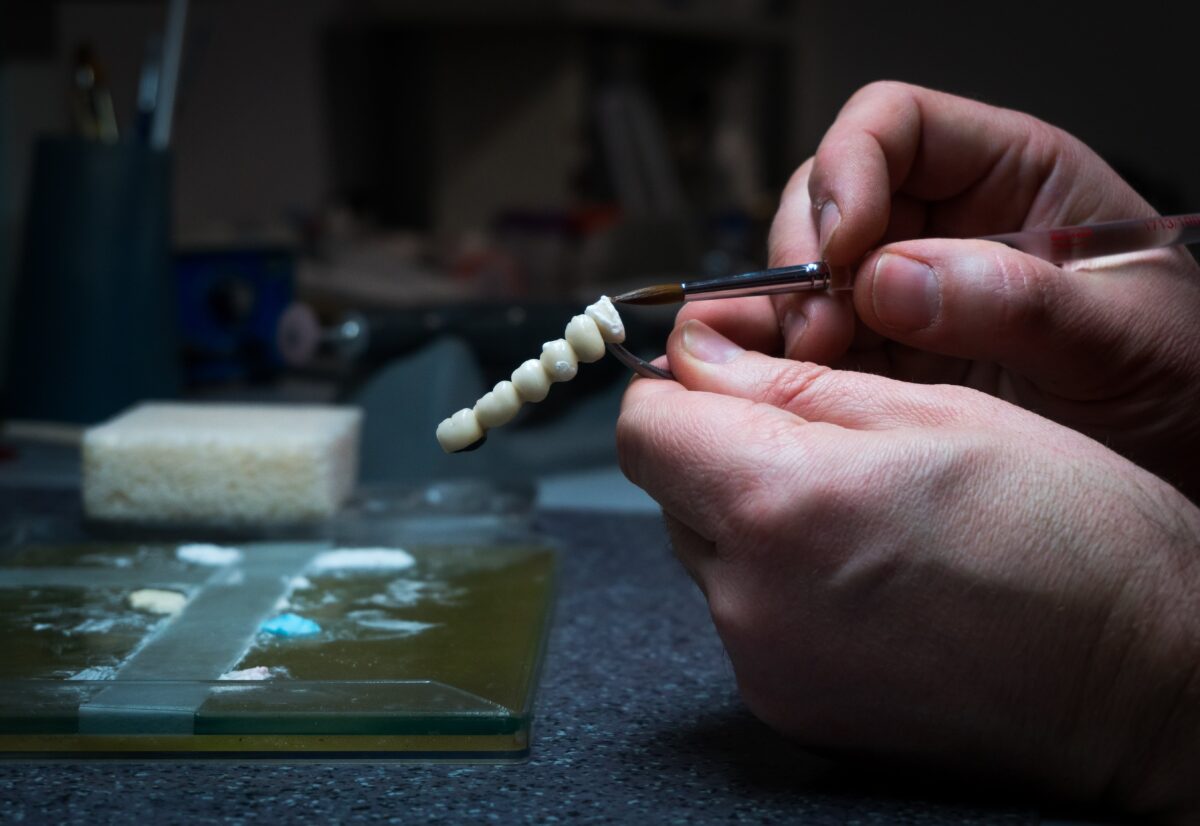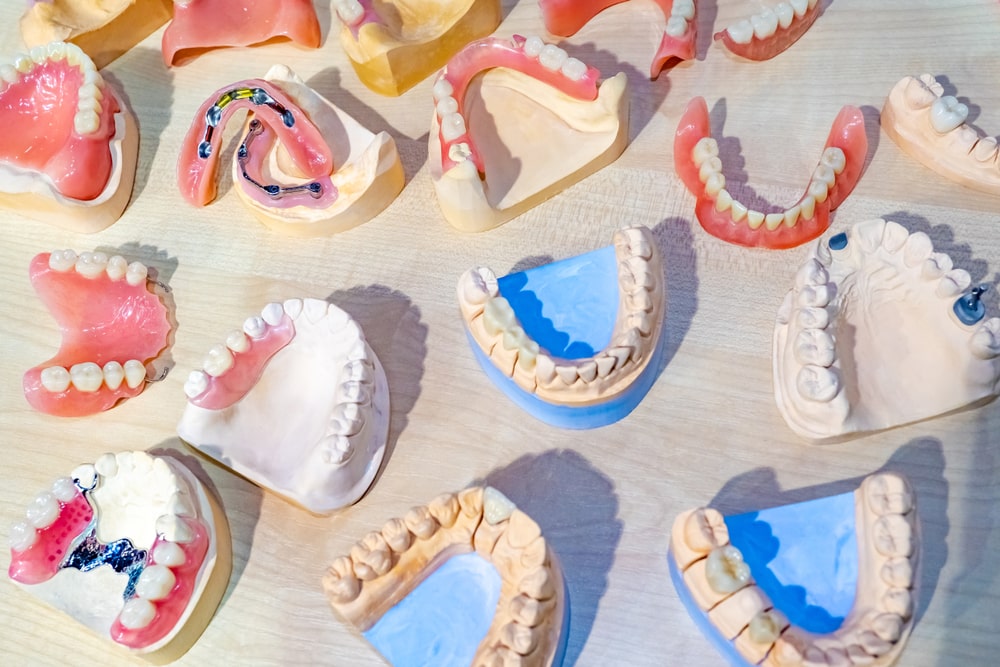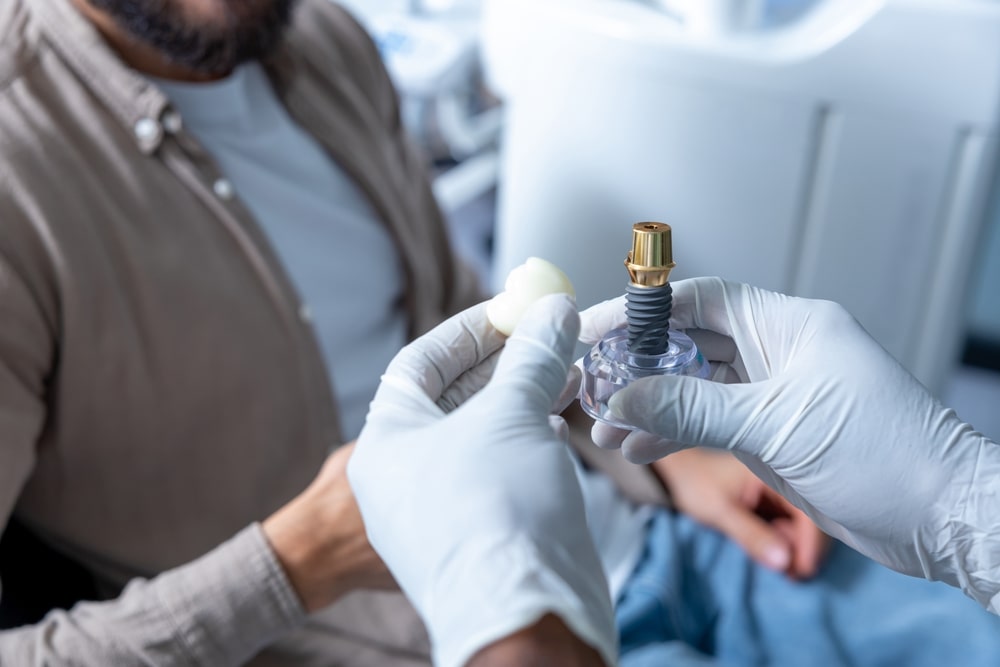In the realm of dentistry, the significance of quality control cannot be overstated. Dental labs play a pivotal role in the creation of dental prosthetics, orthodontic devices, and other dental appliances. Ensuring that these products are of the highest quality is not just a matter of aesthetics or durability; it’s a matter of patient safety and comfort. In this blog, we’ll delve into the importance of quality control in dental lab processes and how it contributes to superior patient outcomes.
Understanding the Role of Dental Labs

Before diving into quality control, it’s essential to understand the role of dental labs. Dental labs serve as an indispensable extension of your dental practice, providing specialized expertise in the fabrication of dental prosthetics and appliances. These labs craft a myriad of custom products, ranging from crowns, bridges, and dentures to orthodontic devices and dental implants. Each item is meticulously tailored to fit individual patients based on molds or digital impressions sent by the dentist. Beyond mere fabrication, dental labs are often at the forefront of dental technology and innovation, employing advanced techniques and materials to ensure optimal fit, function, and aesthetics. By collaborating closely with dental labs, dentists can offer their patients high-quality, personalized solutions that enhance oral health and restore smiles.
Quality control in dental labs is crucial for ensuring patient safety, as dental appliances come into direct contact with oral tissues. It guarantees the functional integrity and aesthetic appeal of products like crowns and bridges, ensuring they fit seamlessly and look natural. This not only impacts the durability of the dental work but also the professional reputation of dentists. Adhering to quality standards also ensures compliance with health regulations, minimizing potential legal issues. Moreover, maintaining high quality reduces the economic burden of redoing faulty work, making it both a health and economic imperative for dental labs.
The Pillars of Quality Control
Precision:
In dental labs, precision is a critical element of quality control, directly influencing the efficacy and comfort of dental appliances and prosthetics. Given the intricate nature of dental work, even the slightest deviation or inconsistency can lead to significant issues, from an ill-fitting crown to an uncomfortable orthodontic device. Precision ensures that each dental product, whether a bridge, denture, or implant, fits seamlessly within a patient’s oral structure, preventing discomfort, misalignment, or potential complications. Advanced technologies, such as digital impressions and CAD/CAM systems, further enhance this precision, allowing for unparalleled accuracy in crafting dental solutions. In essence, precision in dental labs is the linchpin that ensures the functional integrity, comfort, and longevity of dental products, making it a cornerstone of quality control in the industry.
Materials:

In dental labs, the choice and quality of materials are central to quality control, directly impacting the durability, functionality, and biocompatibility of dental products. Dental prosthetics and appliances must be crafted from materials that are not only durable but also safe for prolonged contact with oral tissues. Quality control ensures that these materials meet stringent standards, from their strength and aesthetic appeal to their resistance to wear and potential allergic reactions. Using subpar or inappropriate materials can lead to complications, such as breakages, discolorations, or adverse reactions in patients. Therefore, rigorous testing and validation of materials, along with sourcing from reputable suppliers, are essential practices in dental labs. By meticulously overseeing the materials used, dental labs ensure the safety, longevity, and overall quality of the dental solutions they provide.
Sterilization:
In dental labs, sterilization is an essential facet of quality control, ensuring the safety and purity of dental products. Given that dental appliances and tools come into direct contact with patients’ oral cavities, it’s imperative that they are free from microbial contaminants to prevent potential infections or complications. Sterilization processes eliminate bacteria, viruses, and other oral pathogens, ensuring that products are safe for patient use. Regular monitoring and validation of these sterilization procedures are crucial to maintain their efficacy. Any lapse in sterilization can compromise the integrity of dental work, leading to health risks and undermining the trust patients place in dental professionals. Thus, rigorous sterilization practices in dental labs are vital not only for patient safety but also for upholding the reputation and standards of the dental industry.
Training & Expertise:
In dental labs, training and expertise are foundational to quality control, ensuring that dental products are crafted with the utmost precision and adherence to industry standards. Dental prosthetics and appliances require intricate workmanship, and even minor errors can lead to significant functional or aesthetic issues. Proper training ensures that lab technicians are well-versed in the latest techniques, materials, and technologies, allowing them to produce consistently high-quality products. Expertise, cultivated over years of experience, enables technicians to anticipate potential challenges, make informed decisions, and ensure that each dental solution meets the specific needs of the patient. Continuous training updates staff on evolving best practices and innovations in the field. In essence, the skill and knowledge of dental lab technicians, honed through rigorous training and hands-on experience, are pivotal in upholding the standards of quality and excellence in dental lab outputs.
In Conclusion
In the intricate world of dental lab processes, quality control stands as the guardian of excellence and patient satisfaction. By prioritizing precision, using top-notch materials, and harnessing the power of technology, dental labs can ensure that every product they craft meets the highest standards of quality. As patients place their trust in dental professionals, it’s reassuring to know that behind the scenes, dental labs are committed to delivering nothing but the best.




